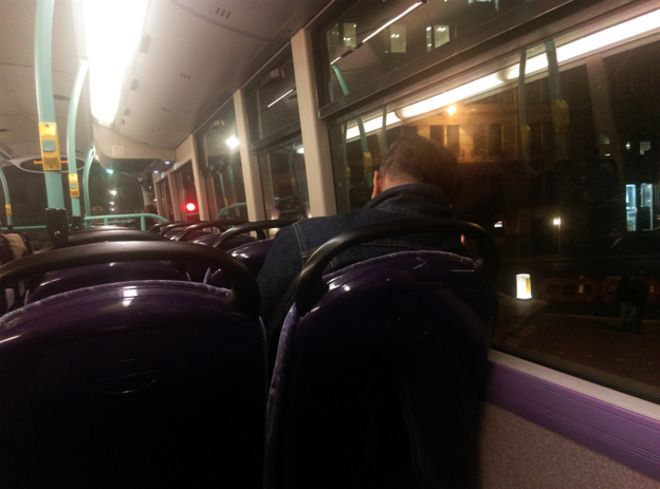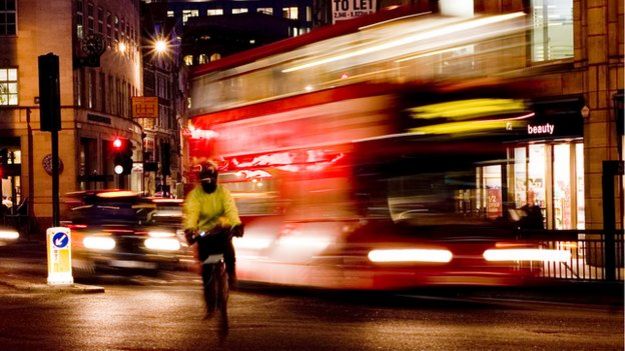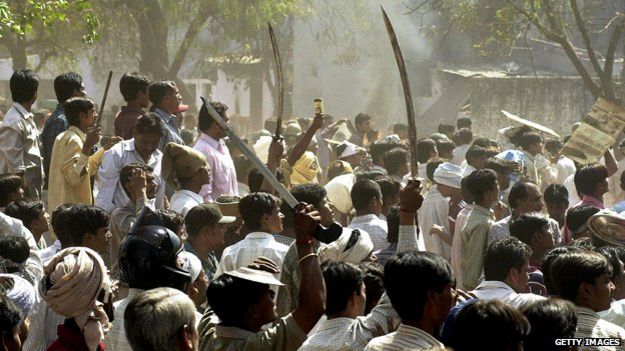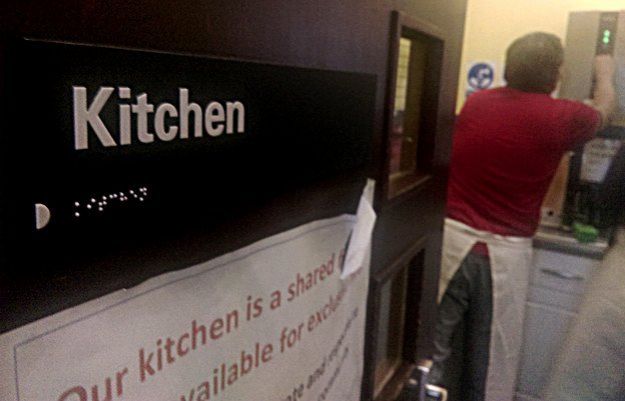India has fallen steeply from 110 in 2007.
Anecdotal evidence based on recent corruption and mal-governance-ridden domestic scams suggests it at 45-55 next year in company with the likes of Colombia, Angola and Kyrgyzstan.
India passes muster on just two of the 12 indicators that comprise the index -- intellectual capital and international behaviour.
It scores abysmally on other crucial indicators, including demographic pressures (malnutrition, water scarcity); group grievances (ethnic & communal tensions, powerlessness); state legitimacy (corruption, protests); public services (crime, social services); uneven economic development (income inequalities) and on political elite behaviour (factionalised and constantly in a gridlock over a quest for political power).
Is India on a slow track to a failing state? A pointer to what might be in store for India comes from the book by Daron Acemoglu and James Robinson, Why Nations Fail.
After a comprehensive survey of the rise and fall of nations from the Roman Empire to the Soviet Union to (new) African states, they contend that nation-states do not fail because of culture, weather, geography or ignorance of what policies are right. Nations collapse because "extractive" economic institutions fostered by local elites come to rule them.
Abetted by self-seeking functionaries, these institutions exist for the benefit of elites, who gain from extraction of valuable minerals, land, water, labour or from protected monopolies.
They conclude that the key to sustained progress is in "combining political centralisation with inclusive economic institutions". Absolutist states have strong centres, but power wielders fashion an economic framework to enrich themselves.
In democratic states, power rests with a plurality of groups and inclusive institutions arise.
But if there is no strong political centre to provide direction and to control or sanction, power accrues to the elite(s). Extractive institutions then arise. In both scenarios, internal contradictions pile up -- indicators for the Failed States Index provide a measure -- and the exploitative structure inevitably fails, bringing down the entire corrupt system with it.
The relevance of this analysis to India today is inescapable.
The centre is not holding. In the era of coalitions, power has been seeping from the Delhi sultanate to islands of political elites. And the relatively inclusive institutions midwifed by a superbly crafted constitution have been suborned by national and regional establishments into extractive tools for personal gain.
Indian legislatures are no longer forums for informed debate. Instead, under the guise of "seeking a consensus", they are now nodal points for crass political horse-trading. Or for obstructionist mobocracy.
Cutting across party affiliations, regional and social loyalties, the objective of the political class is to acquire power, not sound governance or advancing national interests. It has mauled the ideology of democracy into the sole objective of winning elections. Its parasitic behaviour is focused on extracting perks from public and private sectors; on status and symbols; competitive populism and casteism; dynasticitis; protecting each other from greater accountability; and on blatantly exercising discretion-based powers, which the Brits used for disbursing patronage to divide and rule, and which now serve as founts for extortion in cahoots with bureaucrats and crony capitalists.
Prime Minister Manmohan Singh's indecisive leadership relies largely on confetti of populist schemes for electoral advantage. His own personal integrity is unquestionable, but he's led the most corrupt federal government since independence, benignly neglecting massive sleaze in ministerial fiefdoms under his watch.
Meanwhile bureaucracy, the famed steel frame of yesteryears, is rusting. With officials appointed and removed at whims of elected kleptocrats, the anointed favourites' humiliating task is to extract swill from troughs of discretionary powers for political snouts to sip. As for the defence establishment, it is now mired in scandals from land grabbing, procurement frauds to generals expropriating a share of largesse meant for war widows.
Worse, the army chief dragging the government to the courts on a personal issue has opened a chink to armed forces' potential politicisation.
The Indian judiciary is doing its best to fill the vacuum in the wake of a somnolent executive and paralysed legislatures.
But this activism has a major downside.
Handing out pronouncements daily on relatively trivial subjects, its higher reaches are becoming part of the political process, compromising their role as chambers of dispassionate reflection on issues of constitutional significance. It is also tainted by corruption and dispensing too little justice, too late. The legal system can no longer cope with the demands of a litigious citizenry increasingly aware of its rights.
The concerted attempts by the three constitutional pillars to undermine the media's role as auditors of their accountability is another insidious trend. India is turning increasingly censorious on books, arts, cinema, the internet and reporting.
Freedom is lost in small steps. Calls for protests to the American government over an article critical of Singh in the Washington Post betrays a disturbing mindset; it implicitly assumes that a government should control media content.
The debilitating shenanigans of the unholy, well-knit trinity of politicians, bureaucrats and their private sector cronies are now eroding confidence at home.
The tarnished economy is treading towards a 4-5 per cent GDP growth rate.
This self-inflicted, reform-resistant decline is evident in India's ranking at 111 in the latest Economic Freedom of the World Index (2010 data). It gauges the extent to which the policies and institutions in a country support economic activity for poverty reduction, etc. India is closer to Burundi (144) than to Hong Kong (1). Notably, it was 76th in 2007. This BRIC "angel" can only fall further in 2012.
The international euphoria that lauded India's recent "rise" from stultified economic depths is fading. Pessimism about its capabilities on regional and geopolitical fronts is seeping. The fluffy souffle of arrogant pretensions to a superpower status has fallen flat. India is a half-baked power.
Arguably, India's very antecedents are partly responsible for the fast-diminishing political and administrative authority of the central government. Post-Independence India was always an artificial construct. Fashioning it from 550-odd distinct entities was a landmark achievement.
But, to paraphrase Mark Twain, it was only a bundle of countries. It began to unravel with linguistic divisions. Sixty-five years later, values and practices associated with a genuine democracy have still not coalesced into good governance for the common good in (purportedly) a one nation-state.
Instead, demands and counter-demands and protests on endless issues have accelerated. Impulses more in line with a confederation than with a federation are emerging.
Interestingly, the government's acknowledgement that some economic reforms need not apply nationwide because of local opposition suggests a subliminal acceptance of a co-federalist model.
And yet the Indian political class continues to smugly showcase the country as an example of "unity in diversity".
A million mutinies thus confront India today. But the cadaverous gerontocracy across its political board remains preoccupied with fiddling for power post-2014 elections, while relegating policies to meet the aspirations of an expanding cohort of new, upwardly mobile stakeholders to the back burner.
India has depreciated from a "functioning anarchy" to a dysfunctional democracy.
If the idea of India (secularism, democracy) is to survive, the good among the ugly will have to cross their political and social divides and forsake the "me" culture to renovate the constitution and abolish feudal powers of patronage before darkness falls at noon on one of the most misgoverned nations on the globe.
Rakesh Ahuja heads Axessindia Consultancy Group, Canberra, and was the former Australian Deputy High Commissioner to India.


 A Hindu mob confronts a Muslim one in Gujarat, 2002
A Hindu mob confronts a Muslim one in Gujarat, 2002
